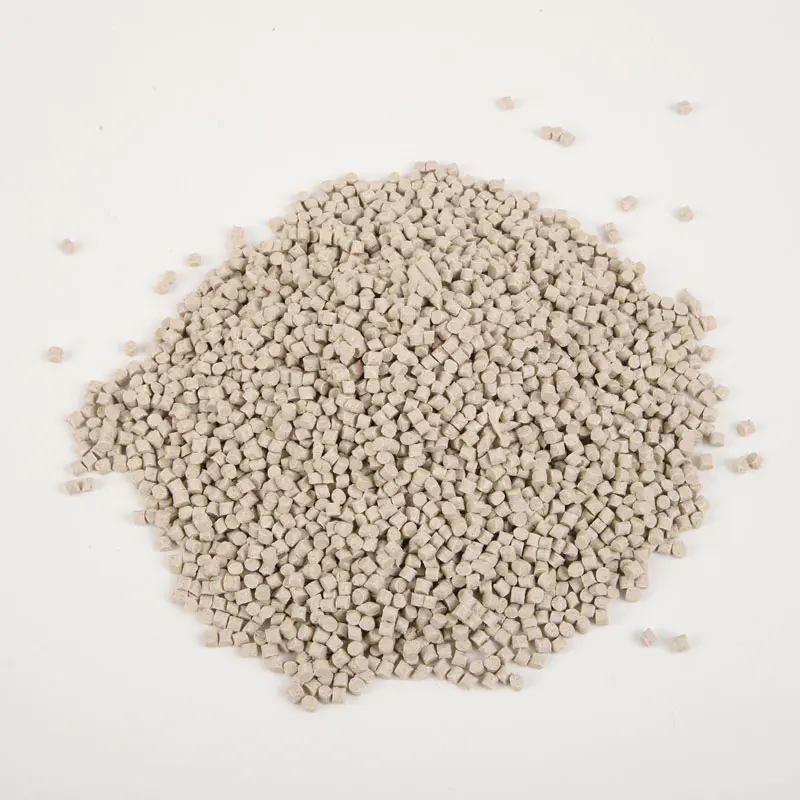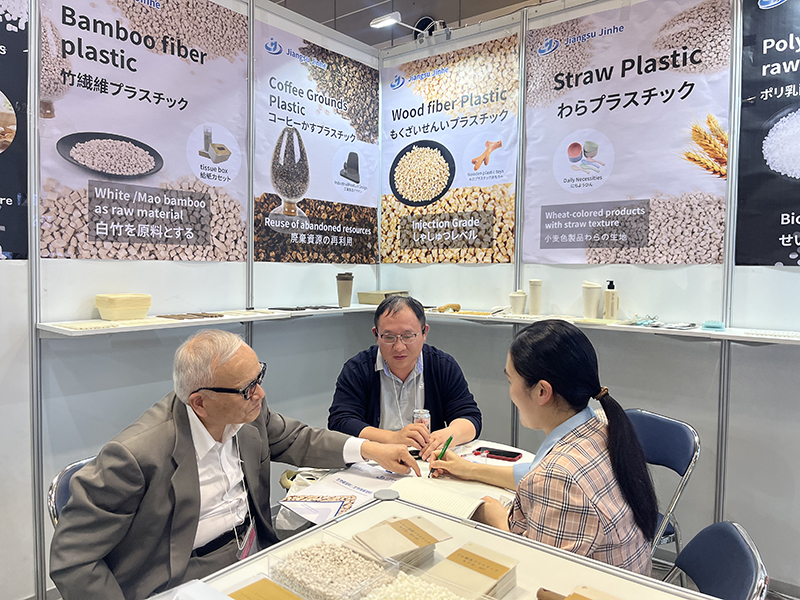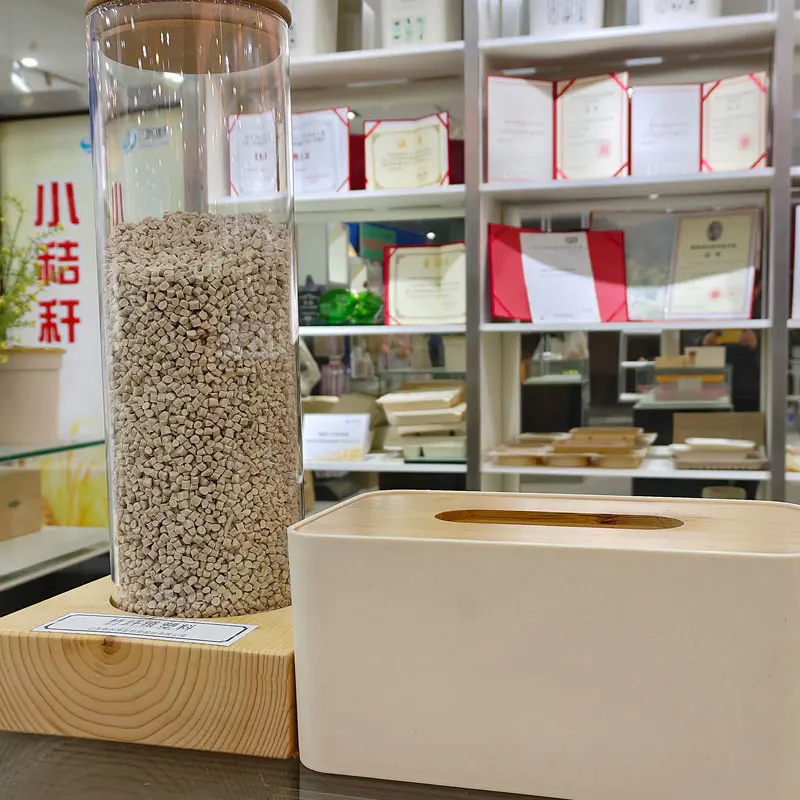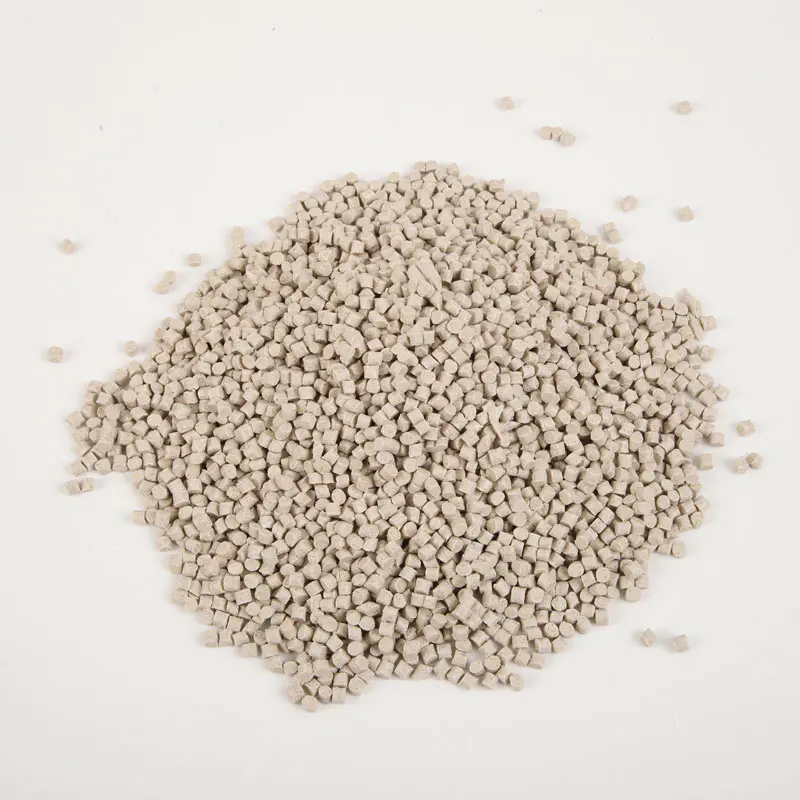How Do Bio-Based Plastics Impact the Environment?
In the quest for sustainable materials, bio-based plastics have emerged as a promising alternative to traditional petroleum-based plastics. Made from renewable resources like corn starch, sugarcane, and algae, bio-based plastics are designed to reduce environmental impact. But how do they really affect the environment? Let’s explore the benefits and challenges of bio-based plastics.
Benefits of Bio-Based Plastics
1. Reduced Carbon Footprint
One of the main advantages of bio-based plastics is their potential to lower greenhouse gas emissions. Unlike fossil-fuel-derived plastics, bio-based plastics come from renewable sources that absorb CO2 during growth, helping to offset emissions.
2. Biodegradability and Compostability
Some bio-based plastics, such as PLA (Polylactic Acid), are compostable under industrial conditions, reducing landfill waste. Unlike conventional plastics that persist for hundreds of years, biodegradable options break down faster under suitable conditions.
3. Reduced Dependency on Fossil Fuels
By using plant-based materials, bio-based plastics help decrease reliance on finite petroleum resources, contributing to energy security and sustainability.

Challenges of Bio-Based Plastics
1. Limited Biodegradability
Not all bio-based plastics are biodegradable. Some, like bio-PET, have the same environmental persistence as traditional plastics, meaning they still contribute to long-term plastic pollution.
2. Resource Intensive Production
Growing crops for bio-based plastics requires land, water, and fertilizers, which can contribute to deforestation, water scarcity, and biodiversity loss if not managed sustainably.
3. Recycling Complications
The introduction of bio-based plastics into recycling streams can cause contamination issues if not properly sorted. Many recycling facilities are not equipped to handle certain bio-plastics, leading to inefficiencies.
The Future of Bio-Based Plastics
For bio-based plastics to be truly sustainable, advancements in production efficiency, waste management, and recycling infrastructure are necessary. Policymakers and manufacturers must work together to ensure these materials contribute to a circular economy rather than merely replacing one environmental issue with another.
Jinhe is a professional manufacturer and supplier in China.On the cutting-edge track of bio-based plastics, Jiangsu Jinhe leads the industry and participates in the drafting of the "National Standard for Straw Bio-based Plastics", always leading the way with excellent quality. Our bio-based plastics come in the form of fine powders with small, narrow particle sizes and unique shapes. Our factory provides coffee grounds plastic, starch-based plastic, bio-based plastic, etc. If you are interested in our products, you can inquire now, and we will get back to you promptly.Visit our website at www.bio-based.cn to learn more about our products. For inquiries, you can reach us at vena@bio-based.cn.
- What Makes Starch-Based Plastic the Future of Sustainable Materials?
- What Makes Straw Fiber Plastic the Future of Eco-Friendly Materials?
- What Makes Bamboo Fiber Plastic the Future of Sustainable Material Innovation?
- Why choose Bio-Based Plastic for Sustainable Materials?
- What are the functions of Sustainable Coffee Grounds Plastic?
- What is the Difference between Sustainable Bamboo Fiber Plastic and Regular Plastic?













